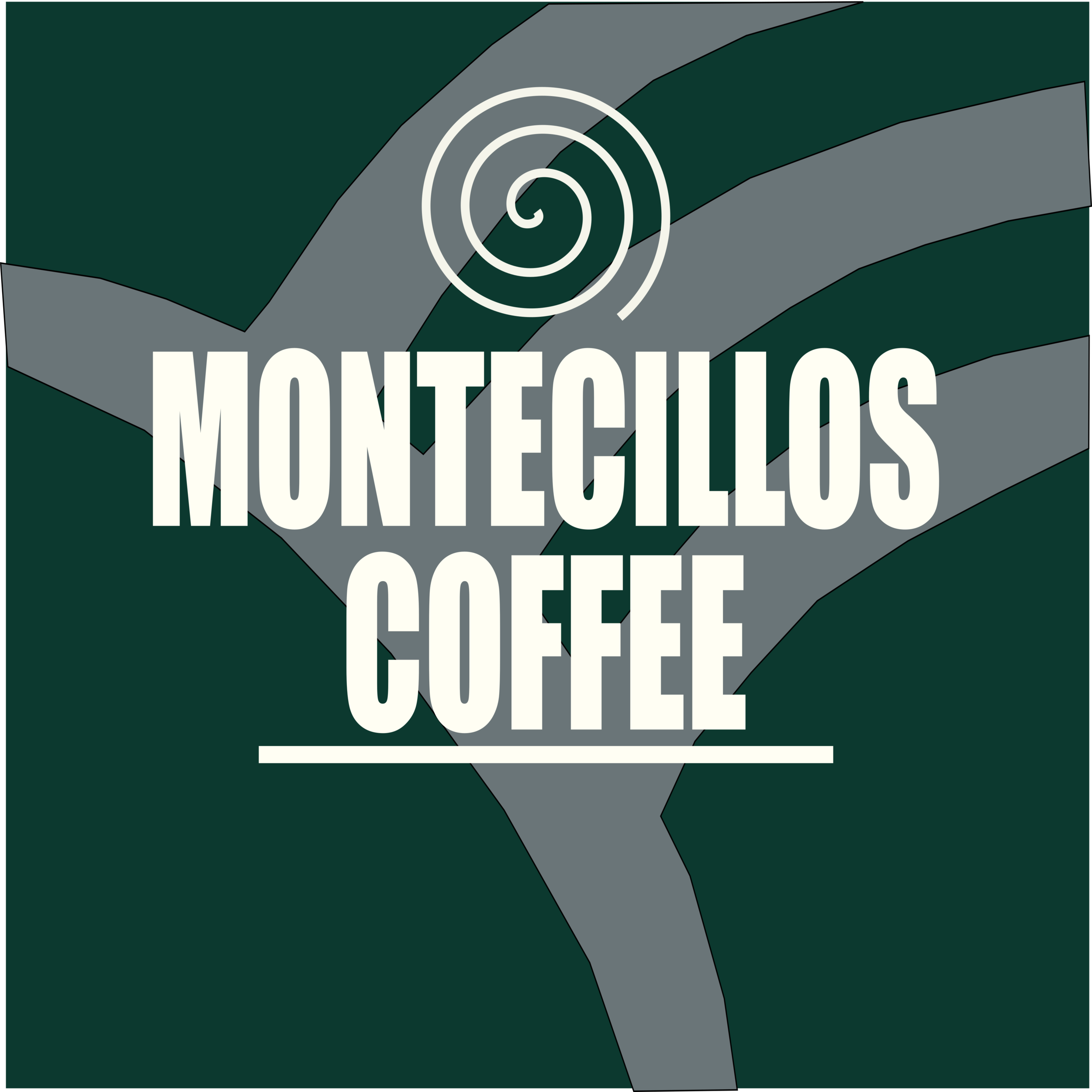What is Fair Trade Coffee?
The term ‘Fair Trade’ has become popular within the past several years. According to Fairtrade International, Fair Trade, “defines a trading partnership, based on dialogue, transparency, and respect, that seeks greater equity in international trade. It contributes to sustainable development by offering better trading conditions to, and securing the rights of, marginalized producers and workers, especially in developing countries”. Essentially, Fair Trade refers to a partnership between companies and producers wherein fair prices are paid to the producers.
The term Fairtrade (with no abbreviation) is used to indicate Fairtrade certification, a program operated globally by Fairtrade International. Fairtrade certification means the companies and producers have met Fairtrade Standards, which aims to guarantee higher prices, good working conditions, and fair trade deals, and support local sustainability for producers and workers.
Fairtrade Standards have five main objectives:
1) make sure producers receive a price that covers the cost of sustainable production;
2) provide a ‘Fairtrade Premium’ to be invested in projects that support social, economic, and environmental development;
3) provide pre-financing for producers;
4) support long-term trading partnerships and allow for higher levels of producer control over trading; and
5) set clear rules that ensure the production and trade of Fairtrade products is socially, economically, and environmentally sustainable.
There are different sets of Fairtrade Standards that take into account the different kinds of producers. One set was created for smallholders who work in cooperatives or with other organizations, while the other was created for workers, whose employers pay them good wages and give them the right to join unions, ensure health and safety standards are followed, and provide safe housing. Fairtrade Standards also apply to trade – most Fairtrade products have a set Fairtrade Minimum Price, the minimum price that needs to be paid to producers. This makes sure that producers can cover the cost of sustainable production. If market price rises above Fairtrade Minimum Price, buyers pay the higher price. Producers can also negotiate to be paid higher prices by traders based on product quality.
In addition to Fairtrade Minimum Price, producers are given a Fairtrade Premium, a sum of money to invest in their business. The sum goes into a community fund for workers and farmers to improve social, economical, and/or environmental conditions. Its use is decided democratically by producers that are a part of the farmer’s organization, or through a workers’ committee. It is then invested in education and healthcare, farm improvements, or processing facilities.
Thousands of products, from fresh fruits to nuts and coffee, now have the Fairtrade certification. Non-food products, from flowers and plants to sports balls, can also have Fairtrade Standards.
Montecillos is proud to be part of the Fair Trade movement and we believe that it makes our coffee even more enjoyable.

